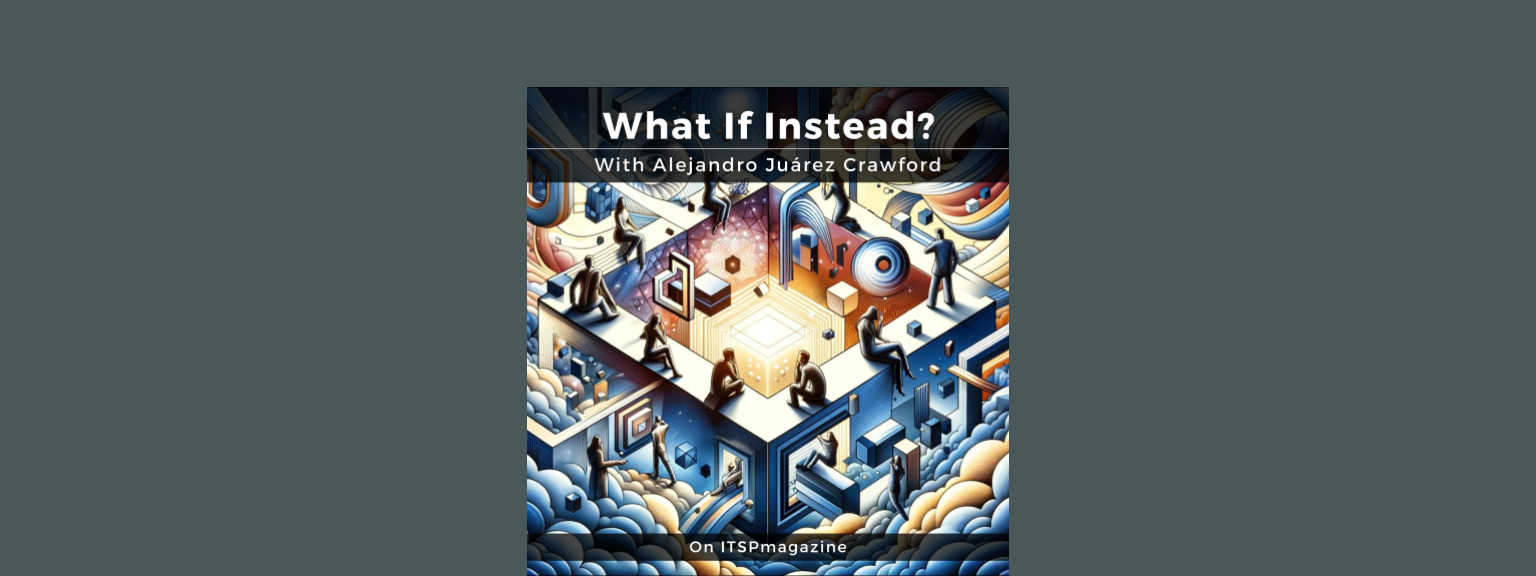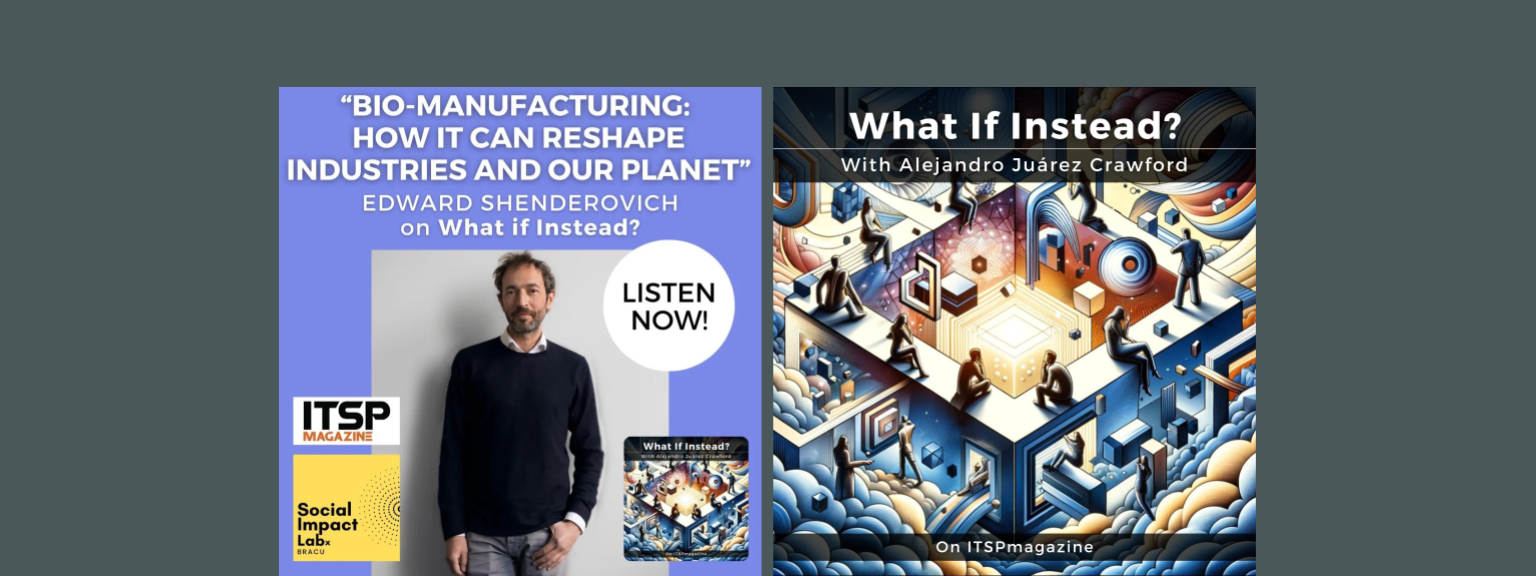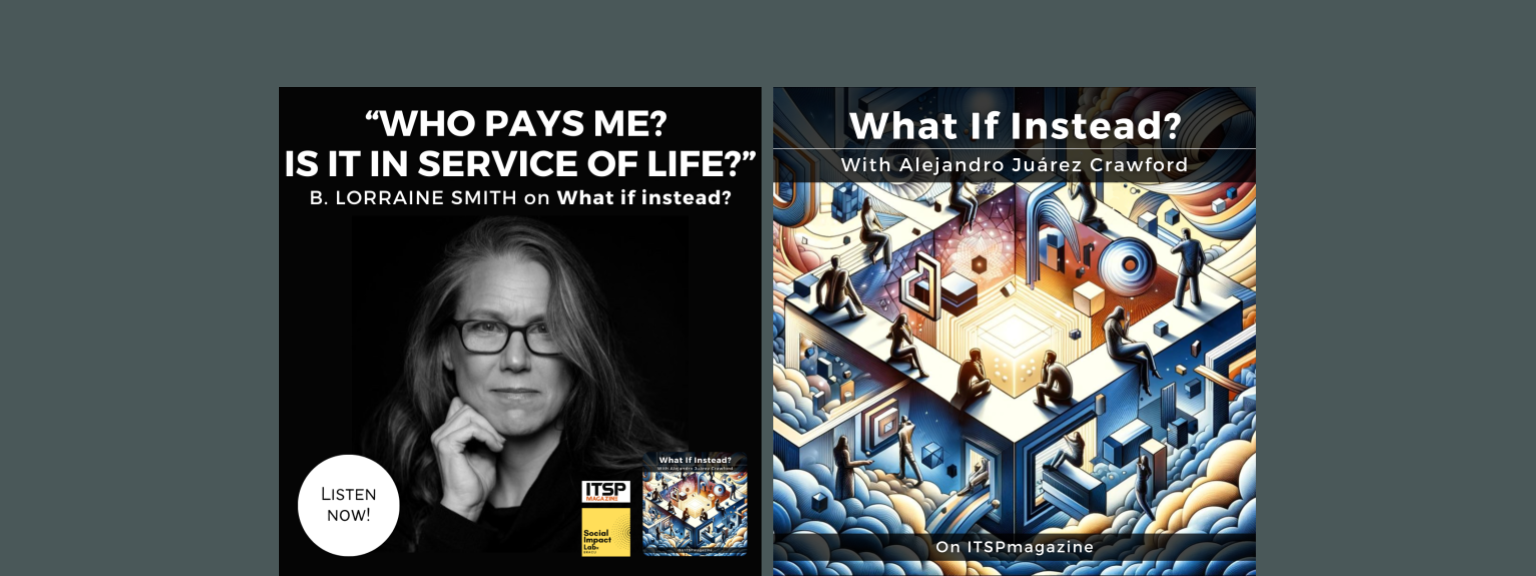In this episode of What if Instead, Alister Watt, chief product officer of IBHS, the Insurance Institute for Business & Home Safety, walks us through wildfire and hurricane resilience. From the science behind fortified homes to the community-driven efforts today’s disasters demand, Alister highlights what it takes to safeguard homes and communities today.
Vulnerabilities to Wildfires and Storms:
Due to their ability to spread rapidly, wildfires don’t just destroy homes; they obliterate communities. Mitigation strategies focus first on removing combustible materials within a 5-foot perimeter of a home. When it comes to hurricanes, simple changes, like installing wind-rated garage doors or using hurricane straps, can be game-changers for preventing catastrophe. Alister emphasises: “A $300 investment in the right garage door can prevent your home from becoming a balloon in a storm.”
Community and Codes:
But how do we get individuals and communities to take these measures? In the US, states like Alabama are leading the way by requiring homes to meet rigorous safety standards. This not only improves safety but also increases property values. But codes and their enforcement vary widely. Awareness of their pivotal importance is uneven at best. You read about the wildfire and the latest storm, but when was the last time you thought about building codes? Alister dreams of a future where strong building codes are enforced nationwide, making his job obsolete: “The day I hand back my prospectus and say ‘job complete’ is the day every community is fortified against disasters.” Building safety isn’t just about individual homes and the community. According to him, when we mitigate our homes against fire, we protect our neighbour’s houses too. But how do we change our mindset about risk? For a clue, Alister turns to an activity where attitudes about risk have changed dramatically: smoking. He describes an experiment one of his teachers did. This teacher didn’t try to change the behaviour of grownups. Instead, he started with middle school kids, aged 11 to 13. The teacher went right to the point, “talking about how your parents are going to die because they smoke cigarettes.” “It was horrifying,” Alister says. A few days later, the same teacher surveyed these kids: how many of you talked to your parents about cigarette smoking this week?” Over 90 percent had done so.Alister draws a lesson from this. “Wildfire mitigation isn’t hard. You can teach your parents.” Listen to the full episode for more on how you can contribute to creating disaster-resilient communities. Subscribe to our podcast and newsletter for fresh perspectives and actionable ideas from change-makers around the world.Let’s forge a resilient future now.
What if Instead? is produced by Mercedes Riegé and Srijan Banik with support from the team at Social Impact Lab at BRAC University, which Banik founded. Cohosts Mim and Alejandro’s One Size Fits None: Time for an Entrepreneurial Revolution, is forthcoming from Emerald Publishing in Summer 2025.


